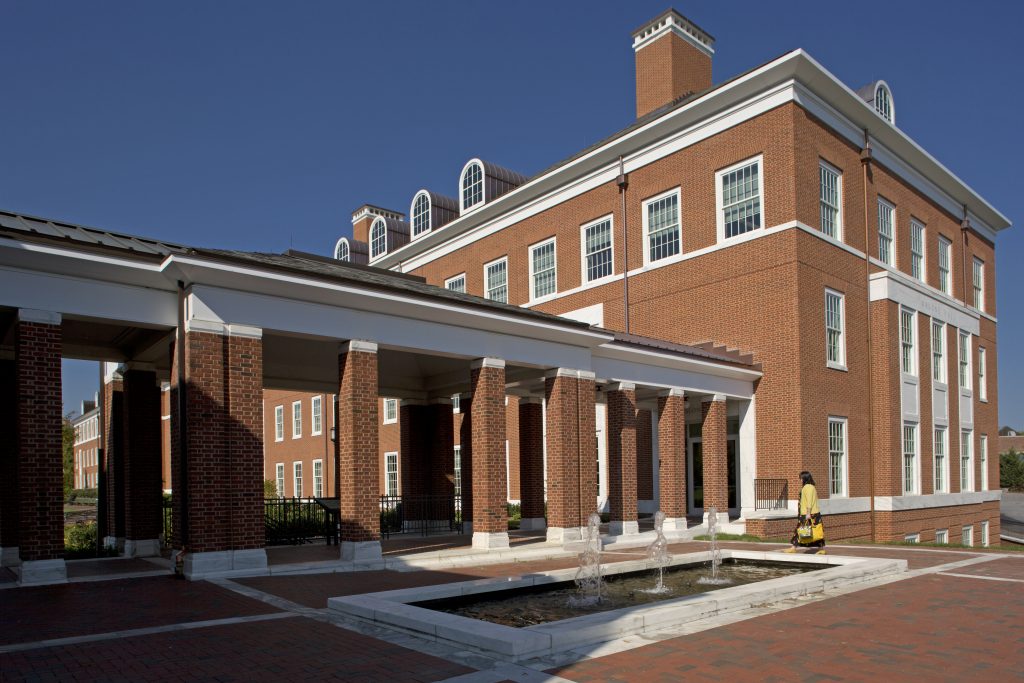The Malone Center for Engineering in Healthcare (MCEH) recently awarded new grants through the center’s Seed Grant Program. The 2020 grants serve to advance artificial intelligence innovations that aim to:
- improve the quality of medical imaging,
- reduce the risk of kidney injury during cardiac surgery,
- and develop personalized radiation therapy plans.
With the funding for this year’s projects, the center will have awarded a total of eight Seed Grants since the program’s inception in 2018. For past projects and status updates, visit the Malone Seed Grant page.
The Malone Center will fund the following three projects:
Resolution enhancement of clinical functional MRI (fMRI) using artificial intelligence (AI)
Research Team: Shruti Agarwal, Research Associate, Division of Neuroradiology, The Russell H. Morgan Department of Radiology and Radiological Science; Haris Sair, Co-Director, Radiology AI Lab, The Russell H. Morgan Department of Radiology and Radiological Science
According to the National Brain Tumor Society (1), an estimated 700,000 people in the United States are living with a primary brain tumor and about 80,000 people in the U.S. are diagnosed with a primary brain tumor each year. As a result, large numbers of people must undergo brain surgery every year. Current state-of-art for presurgical, noninvasive planning of tumor removal is to perform blood oxygen level dependent (BOLD) functional magnetic resonance imaging (fMRI).
During scanning, a patient performs a specific task to localize brain functional regions related to the task. A decrease in the relative concentration of deoxyhemoglobin in active cortex reduces the T2/T2* shortening effects of deoxyhemoglobin with resultant net increase in the BOLD signal in activated areas. fMRI necessitates image acquisition methods, which are sensitive to changes in T2* and T2, have sufficient spatial resolution to cover the entire brain, and have sufficient temporal resolution to detect changes in BOLD signal associated with specifics tasks. The spatial resolutions of clinical fMRI presurgical mapping are usually between 8 mm3 and 64 mm3 (i.e. 2–4 mm along each voxel dimension). Given that human cortex is about 3 mm thick, acquiring functional mapping signals with the highest possible fidelity to the underlying neuronal processes is critical for presurgical mapping. With the advent of ultrahigh magnetic field human MRI scanners, i.e., 7T and above, recent studies have probed into depth-dependent cortical mapping with high resolution functional MRI of human brain. The purpose of this study, therefore, is to enhance resolution of 3T fMRI using artificial intelligence on 7T fMRI for the overall goal of depth-dependent cortical mapping in clinical fMRI.
A Deep Learning Approach to Continuously Forecast Postoperative Kidney Failure During Cardiac Surgery
Research Team: Archana Venkataraman, John C. Malone Professor of Electrical and Computer Engineering
More than 300,000 patients in the United States undergo cardiac surgery each year, and substantial morbidity and mortality are common. Acute kidney injury(AKI) is one of the most frequent post-surgical complications, with estimates ranging from 20-50% depending on the procedure. AKI is strongly correlated with reduced quality of life, progression to renal-replacement therapy (i.e. dialysis),and mortality. The pathophysiology of AKI is complex and poorly understood, but likely includes hemodynamic changes (low cardiac output, blood pressure), mechanical factors (emboli, venous congestion), and other mechanisms (vasoconstriction, drugs, inflammation)—many of which are highly modifiable. One of the key challenges to developing preventative strategies for AKI is our inability to monitor intraoperative kidney function.
This overarching goal of this proposal is to develop an automated platform to continuously forecast the risk for AKI based on real-time intraoperative physiological data. This information would allow clinicians to optimize intraoperative variables on-the-fly to reduce the likelihood of kidney injury.
Personalized Radiation Therapy Plans
Research Team: Kimia Ghobadi, John C. Malone Professor of Civil and Systems Engineering
Radiation therapy is a clinically popular treatment for cancer, and knowledge-based radiation therapy treatment planning is becoming an integral part of clinical practice.
However, there is considerable variation in clinical guidance—which identify the feasibility constraints for the plans—of treatment plans among different institutes, hospitals, and oncologists.
In this proposed study, we develop a novel methodology that combines machine learning and inverse optimization to infer utility functions and hidden constraints of a black-box decision-making process. We will evaluate the method in the context of personalized radiation therapy treatment planning, building on a large dataset of historical radiation therapy treatment plans that were clinically approved and delivered. Using a data-driven approach, we apply our iterative approach of machine learning and inverse optimization on the radiation therapy plans to find the underlying criteria that the oncologists considered when approving the plans. Once these criteria are known, a forward optimization model can be used to design personalized treatment plans automatically.
Interested in applying for a Malone Seed Grant? How to apply >>
